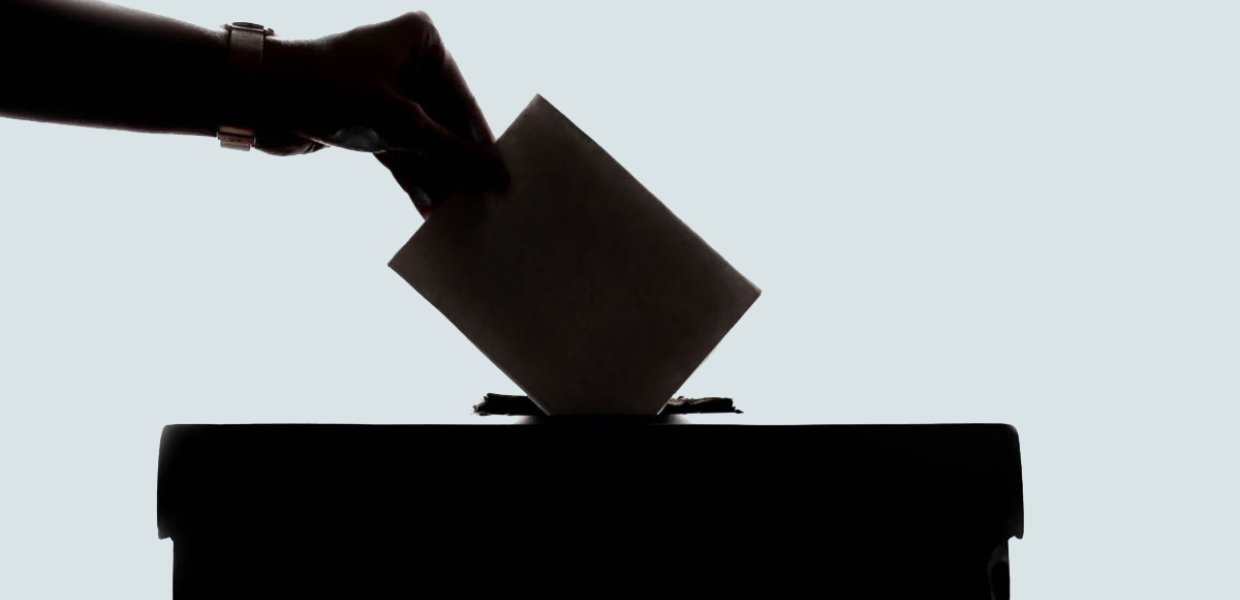There is no more critical issue facing our country today than voting rights. If we don’t have the right to freely cast a vote, actually cast that vote, and have it counted accurately for the candidate of our choice, our democracy is in serious jeopardy.
According to the Brennan Center for Justice, last year Republican-controlled legislatures in 19 states passed 34 laws restricting access to voting in various ways. These laws were mainly in response to former President Trump’s allegations of voter fraud. In mid-January of this year, the Brennan Center also identified an additional 250 bills in 27 states with restrictive voting provisions under consideration.
There is little debate about whether these new voter restriction laws unfairly impact lower-income voters and people of color.
These new and proposed state laws target voter registration, ballot access, and early voting; impose restrictions on who can assist voters in returning their ballots, and include proposals that make it easier for partisan state officials to impact election results. The most contentious provisions focus on voter identification and mail-in voting.
However, it’s important to remember that 11% of eligible voters in the U.S. don’t have a driver’s license, and there is little evidence that mail-in voting led to increased fraud in the 2020 election or favors one party over the other.
The Right contends these new laws are needed to restore election integrity and that the Left is inflating the impact of these state laws to gain more control over state elections.
“There are no longer any such barriers or practices that block Black Americans (or anyone else) from registering and voting, despite the mythical claims of ‘voter suppression’ promulgated by the Left,” contends Hans A. von Spakovsky, election law reform initiative manager and senior legal fellow at The Heritage Foundation.
He and others on the Right point to the fact the U.S. Census Bureau reported the voter registration rate in 2020 was higher than in four of the last five presidential elections. In addition, we had the highest turnout in a presidential election since 1912, and Black Americans voted at a higher rate than whites nationally (66.2% vs. 64.1%).
At the federal level, the U.S. Senate failed to pass the Freedom to Vote Act or the John R. Lewis Voting Rights Advancement Act in January of this year. The Freedom to Vote Act was a comprehensive reform package that would have set nationwide voting standards to overcome restrictive state legislations. Provisions of the proposed bill included automatic and same-day registration, vote-by-mail and early voting, election integrity and security protections, the end to gerrymandering, and reducing money’s influence in politics. The Lewis Act would have restored the parts of the Voting Rights Act of 1965 struck down by the Supreme Court in 2013 that required states with a history of racial discrimination in voting to get Justice Department or federal court approval for election law changes.
Despite overwhelming public support, these bills failed in Congress. A survey fielded by Data for Progress in September 2021 indicated that 70% of all likely voters supported the Acts, with 85% of Democrats, 67% of independents, and 54% of Republicans “strongly” or “somewhat” supporting the Freedom to Vote Act. When asked their opinion of various provisions of the Act, each were supported by 60% or more of likely voters.
So where do we go from here?
While it seems unlikely there is an appetite to pass the Freedom to Vote Act or the John R. Lewis Voting Rights Advancement Act, we need to continue encouraging at least 10 Republican senators to support the legislation or reform the filibuster rule allowing for its passage by a simple majority.
For now, this battle needs to be waged at the state level, both in legislatures and the courts, to help ensure the enforcement of state constitutional protections for the right to vote that are (surprisingly) stronger than what is in the U.S. Constitution.
This won’t be easy, but there is no more important fight. As Chief Justice Earl Warren wrote, “The right to vote freely for the candidate of one’s choice is of the essence of a democratic society, and any restriction on that right strikes at the heart of representative government.”
